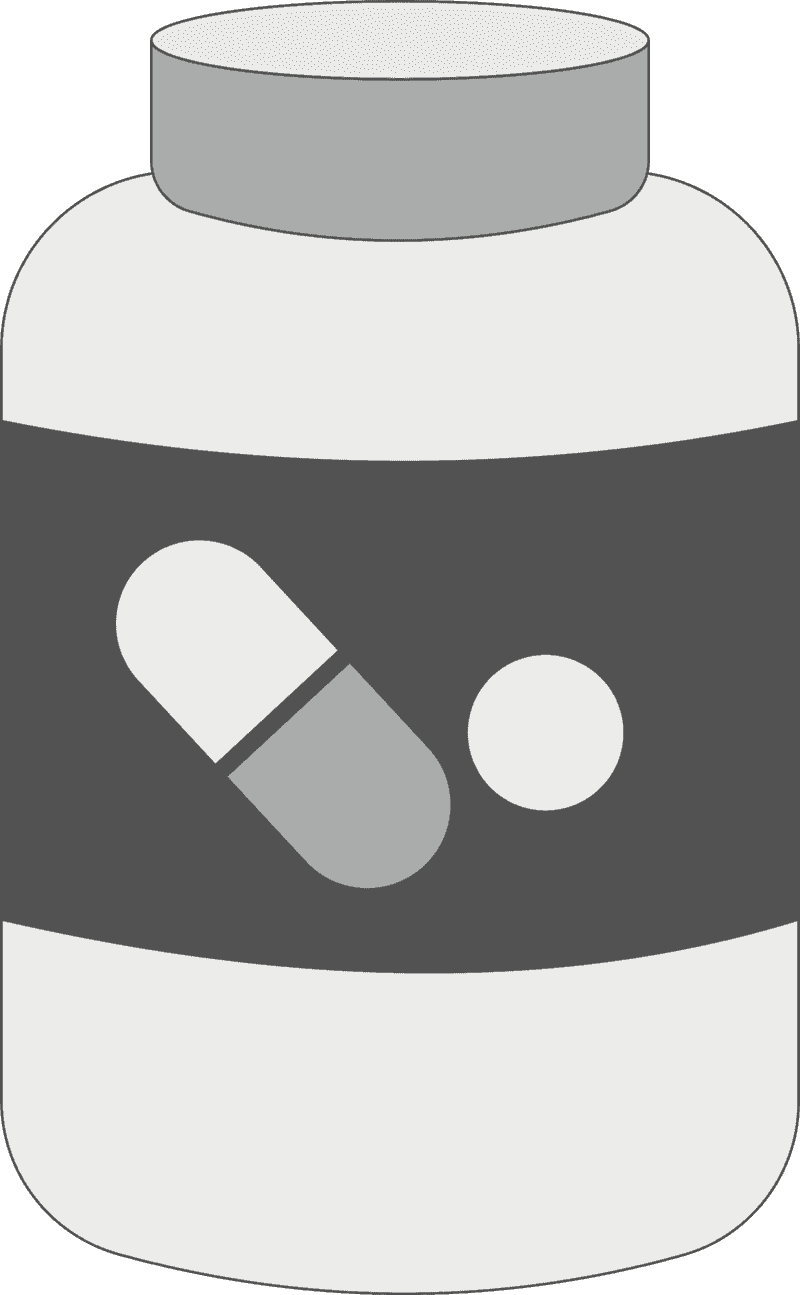The Truth About Nutritional Supplements (What You Need to Know)
Blog

We’ll get straight to the truth. The supplement industry is not regulated by the FDA. That means anyone can manufacture and sell nutritional supplements to consumers in the United States without having to prove that the product contains what it says it does, doesn’t contain what it says it doesn’t, or even that the product is safe to consume.
For these reasons, taking unnecessary supplements can cause unwanted and even harmful side effects. Keep reading to learn what you need to know about nutritional supplements and how they can help (when used correctly) or harm (when used inappropriately) your well-being.
The market is flooded with options: vitamins, minerals, herbs, amino acids, and enzymes, all promising to fill the gaps in our diets, boost our immunity, heal our guts, and generally lead us to better health. But what is the truth behind these promises, and do supplements work?
Understanding Nutritional Dietary Supplements
Nutritional or dietary supplements are designed to provide nutrients that otherwise may not be consumed in sufficient quantities. These vitamins, minerals, proteins, fiber, fatty acids, or amino acids, among others, are available in tablet, capsule, gummy, powder, and liquid form.
Do nutritional supplements work?
Yes, nutritional supplements can provide a health benefit when the right product is used appropriately for the right problem. For example, they can provide nutrients and compounds that may not be sufficiently obtained from diet alone, or help us digest a particular type of nutrient that our bodies aren’t well-equipped to digest on its own. However, their effectiveness depends on several factors, including the type of supplement, the individual's health needs, dietary gaps, and product quality. Unlike medicines, supplements can’t claim to cure, treat, or prevent disease. Remember, supplements should complement, not replace, a balanced diet.
"A well-chosen supplement for the right person can be incredibly helpful in addressing a key deficiency or managing a problematic symptom. But supplements are barely regulated, and there are widespread safety and quality control issues inherent to their use. More is not necessarily better, and we advise taking a cautious approach to dietary supplementation." — NYGA Doctors
The Good
Filling nutritional gaps. For individuals with specific nutritional deficiencies or those whose diets are limited in variety, supplements can be beneficial. For example, vegans must supplement Vitamin B12, as this vitamin is exclusively found in animal products.
Supporting health conditions. Certain supplements have been shown to support health conditions. Supplemental omega-3 fatty acids, for example, can help lower blood triglyceride levels, while vitamin D supplements can support bone health.
Symptom management. Supplementing lactase enzyme with dairy foods may help people with lactose intolerance tolerate their favorite dairy foods more comfortably, and supplementing certain types of fiber may help regulate bowel movements for people prone to chronic diarrhea or constipation.
Convenience. Supplements offer a convenient way to intake nutrients that might be difficult to obtain from food alone, especially for those with restrictive diets or food allergies.
The Bad
Concerns about regulation. Supplements are not regulated as strictly as pharmaceuticals, so their safety, efficacy, and quality can vary widely between brands and batches. People with celiac disease may encounter undeclared gluten in supplements labeled gluten-free, whereas people taking melatonin supplements may be consuming much higher doses of the hormone than listed, potentially leading to concerning side effects. People who use bodybuilding, weight loss or sexual function-type supplements may encounter undeclared drugs in their dietary supplements, many of which can have serious cardiovascular impact.
Overconsumption risks. It's possible to have too much of a good thing. Excessive intake of specific vitamins and minerals can lead to adverse effects. For example, too much vitamin A can cause liver damage, and excess iron can lead to gastrointestinal issues and other symptoms.
Interactions with medications. Some supplements can interact with prescription medications, diminishing their effectiveness or enhancing their side effects. Other supplements have druglike effects—such as Red Yeast Rice or Berberine—and should not be taken without medical supervision. It's essential to consult with a healthcare provider before starting any new supplement.
Navigating the Nutritional Supplement Aisle
Consult professionals. Before taking supplements, especially for specific health concerns, it's crucial to talk to a healthcare provider. They can recommend appropriate types and doses based on your health history and current medications. Be wary of taking supplement advice from providers who sell supplements, as the profit motive may color the objectivity of the advice you are given.
Real food first. Supplements are not a substitute for a varied and balanced diet. The best way to meet your nutritional needs is through consuming a wide range of whole foods.
Beware of miracle claims. If a supplement promises to cure diseases or offers “too good to be true” benefits, it's a red flag. Be skeptical of products that claim to be a one-stop solution for health issues.
Nutritional dietary supplements can play a role in enhancing health, but they are not a panacea. A holistic approach to health involves a balanced diet, regular physical activity, adequate sleep, and stress management. Supplements can complement this approach, but they should not replace it.
By making informed decisions and consulting healthcare professionals, you can navigate the complex world of supplements safely and effectively. Visit New York Gastroenterology Associates today to learn more about our nutrition counseling services and take the first step toward proactive digestive healthcare. Your well-being is our priority.
Don't wait – prioritize your health today.
